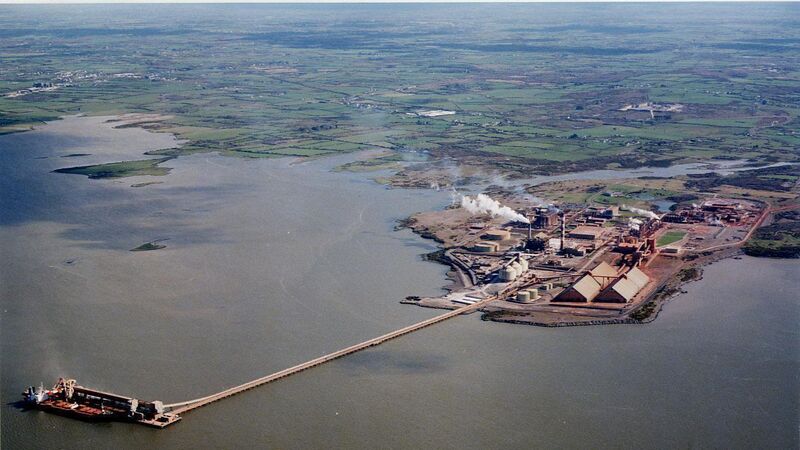Aughinish owner Rusal may face end of $16bn aluminium contract

The Aughinish Alumina Refinery on the Shannon Estuary near Foynes, Co Limerick.
Commodities trader Glencore is reportedly willing to walk away from a $16bn (€15bn) deal to buy aluminium from Russia’s Rusal International, the owner of the huge Aughinish Alumina smelter in the Shannon Estuary.
Rusal, which indirectly owns Aughinish, is not under Western sanctions, but the Co Limerick smelter has faced huge uncertainty in the past well before Russia invaded Ukraine a year ago because of its Moscow-based parent.















